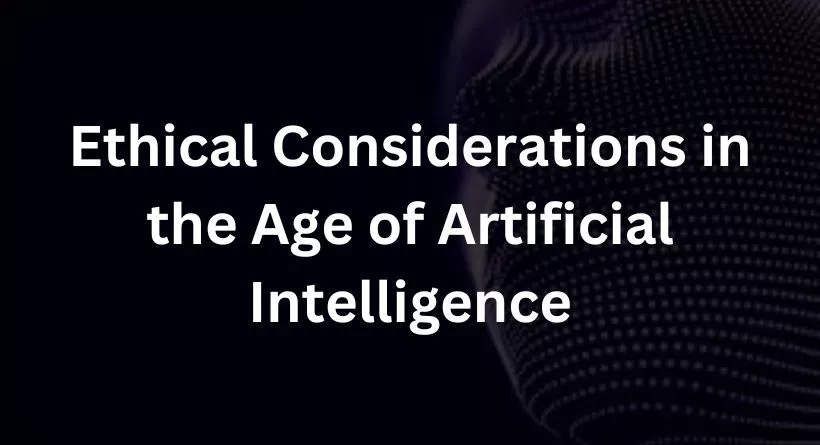
In the rapidly evolving landscape of technology, the Ethics of Artificial Intelligence (AI) has emerged as a pivotal concern. UNESCO, with its long-standing commitment to ethical standards in science and technology, plays a crucial role in ensuring that AI develops with strong ethical foundations. This article delves into the ethics of AI and the impact it has on our society.
UNESCO’s Role in Ethical Science

UNESCO has been at the forefront of establishing global standards in various domains, including genetic research, climate change, and scientific innovation. Their mission is to harness the benefits of scientific discoveries while mitigating potential risks, thereby fostering a more inclusive, sustainable, and peaceful world. Additionally, UNESCO addresses emerging challenges, such as neurotechnology ethics, climate engineering, and the ethical implications of the internet of things.
The Rise of Artificial Intelligence
The rapid advancement of artificial intelligence has ushered in numerous global opportunities. AI has improved healthcare diagnoses, enhanced human connections through social media, and boosted labour efficiency through automation. Nevertheless, these advancements also bring forth a series of profound ethical concerns.
You may also like reading: How Businesses Are Using Artificial Intelligence In 2023
Ethical Concerns in AI
Embedding Biases
One of the foremost ethical concerns surrounding AI is its potential to embed biases. AI systems learn from historical data, and if this data carries inherent biases, the AI models may perpetuate and even exacerbate these biases. This can lead to discrimination and inequality in various aspects of life, from employment to criminal justice.
Environmental Impact
AI’s role in climate change is another pressing concern. The immense computational power required for training AI models consumes vast amounts of energy, contributing to carbon emissions. As the AI field continues to expand, it’s imperative to find sustainable ways to power these systems.
Threats to Human Rights
AI can also pose a threat to human rights. Surveillance technologies and AI-powered monitoring can infringe on individuals’ privacy and personal freedoms. Striking a balance between security and individual liberties is a complex ethical challenge.
Social and Economic Impact
AI’s impact on the workforce is a double-edged sword. While it enhances productivity, it also raises questions about job displacement and economic inequality. Ethical considerations include providing support and opportunities for those affected by automation.
The Importance of Ethical Guardrails

In no other field is ethical guidance as crucial as in artificial intelligence. These versatile technologies are reshaping the way we work, interact, and live. The world is on the verge of transformation at a pace comparable to the invention of the printing press six centuries ago. AI offers substantial benefits, but without robust ethical frameworks, it risks perpetuating real-world biases, fuelling divisions, and undermining fundamental human rights and freedoms.
Conclusion
The Ethics of Artificial Intelligence is an imperative conversation. As AI continues to shape our world, we must ensure that it does so with a strong ethical foundation. The role of organizations like UNESCO in setting ethical standards and guiding the development and use of AI cannot be overstated.
FAQs
1. What is UNESCO’s role in the ethics of AI?
UNESCO plays a vital role in establishing global ethical standards in various fields, including AI, to ensure the technology benefits humanity.
2. How does AI embed biases, and why is it a concern?
AI can embed biases by learning from biased historical data, leading to discrimination and inequality, which is a significant ethical concern.
3. What is the environmental impact of AI?
AI’s high energy consumption contributes to carbon emissions, raising concerns about its environmental sustainability.
4. How does AI affect human rights?
AI can infringe on personal privacy and freedoms through surveillance and monitoring technologies, creating ethical dilemmas.
5. What are the social and economic implications of AI?
AI enhances productivity but also raises concerns about job displacement and economic inequality, prompting ethical considerations for support and opportunities for those affected.





